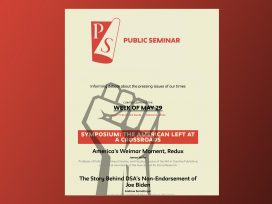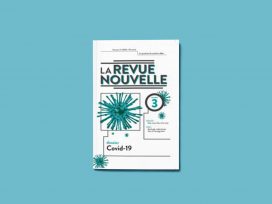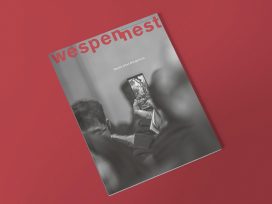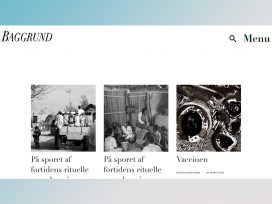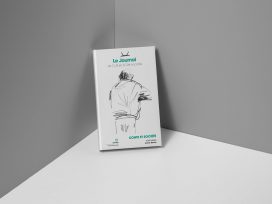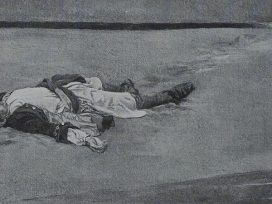The Belgian journal on ‘folktales and society’: why the folktale can help communicate trauma; on folktales, deconstruction and the imaginary; and pedagogy and the dangers institutionalizing the vernacular.
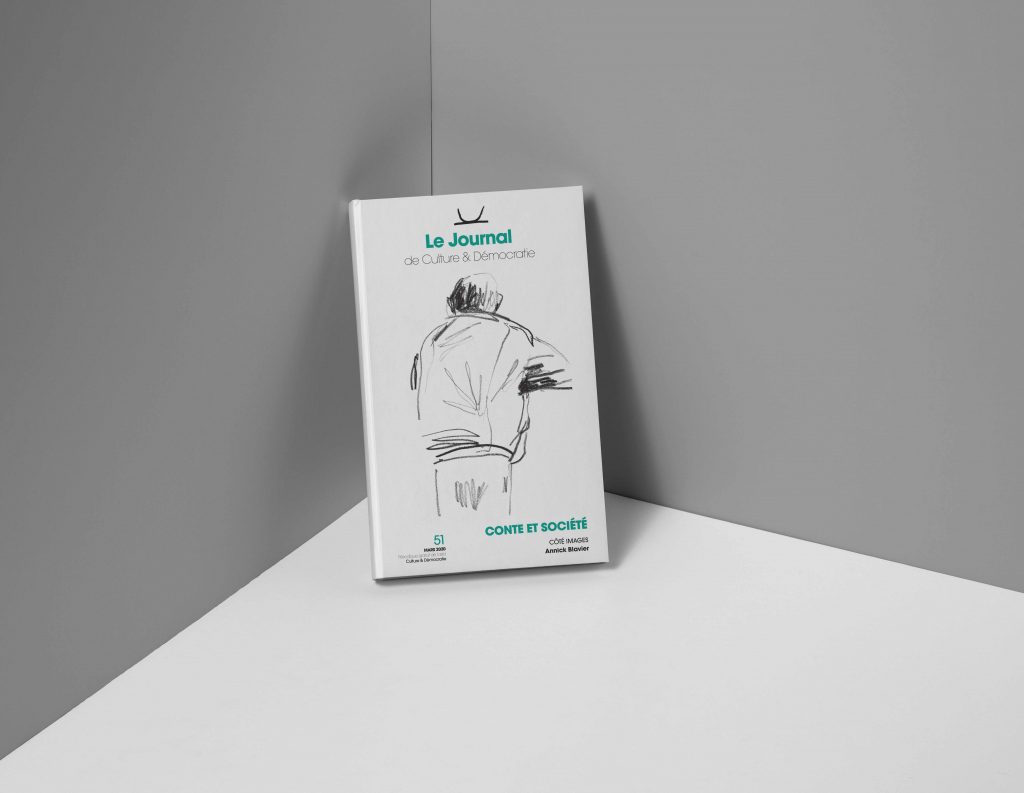 The new issue of Culture & Démocratie, entitled ‘Folktales and society’, looks into the polyphonic uses of folktales and their weaving together of tradition and invention. Folktales are being reinvented in the context of a globalized system of entertainment and the decline of orality, in what anthropologist Anna Angelopoulos describes as a ‘new social reality ruled by cinema and television’. So what power do folktales still have?
The new issue of Culture & Démocratie, entitled ‘Folktales and society’, looks into the polyphonic uses of folktales and their weaving together of tradition and invention. Folktales are being reinvented in the context of a globalized system of entertainment and the decline of orality, in what anthropologist Anna Angelopoulos describes as a ‘new social reality ruled by cinema and television’. So what power do folktales still have?
Therapy
Folktales are able to mediate mental life, serving as a ‘therapeutic tool for sufferers whose inner world is no longer sufficiently structured’, writes Angelopoulos. When traumatic events cause subjectivity and imagination to collapse, folktales retain a ‘magic power’ to generate creativity and the ability to symbolize experience, be it personal or collective. Folktales can produce ‘shareable images in extreme situations’.
Critique
Folktales mirror our ‘western patriarchal tradition’, argues Aline Fernande from the Belgian association ‘Les Dimanches du Conte’. But if they can structure our imagination for the worse, folktales can also ‘deconstruct and open our imaginary’. Through oral transmission, ‘folktales convey images directly to the unconscious’, initiating artistic and political reflection.
Pedagogy
The art of storytelling may be as old as humanity itself, but its worth has often been disputed. ‘For the rationalist and positivist minds of the nineteenth century, folktales were a form of obscurantism’, writes Thibault Scohier. Nowadays, storytelling is recognized by educators as ‘a way to transmit collective knowledge and self-understanding’. However, we should beware of their institutionalization for pedagogic purposes. ‘Folktales are a vernacular art’ specific to cultural, geographical and collective experience.
More articles from Culture & Démocratie in Eurozine; Culture & Démocratie’s website
This article is part of the 10/2020 Eurozine review. Click here to subscribe to our weekly newsletter, to get updates on reviews and our latest publishing

This article was published in cooperation with CAIRN International Edition, translated and edited by Cadenza Academic Translations.
Published 8 June 2020
Original in English
© Eurozine
PDF/PRINTPublished in
In collaboration with
Newsletter
Subscribe to know what’s worth thinking about.
Related Articles
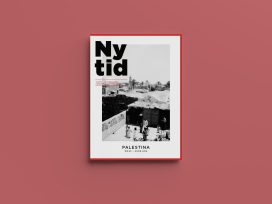
Disappearing possibility
Ny Tid 2/2024
Finno-Swedish perspectives on Israel–Palestine: why Tablet’s treatment of poet Refaat Alareer belongs to a bigger story about criticism and war; how women’s football in the OPTs is carrying on regardless; and Israeli writer Mati Shemoelof on the disappearing possibility for peace.
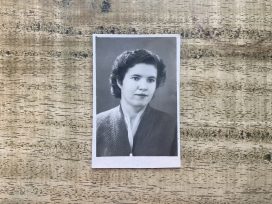
Går det att skriva under pågående krig? Vad är poängen? Medan Olena Myhasjko skrev klart denna essä slog en rysk missil ner etthundra meter från hennes lägenhet i Charkiv.
